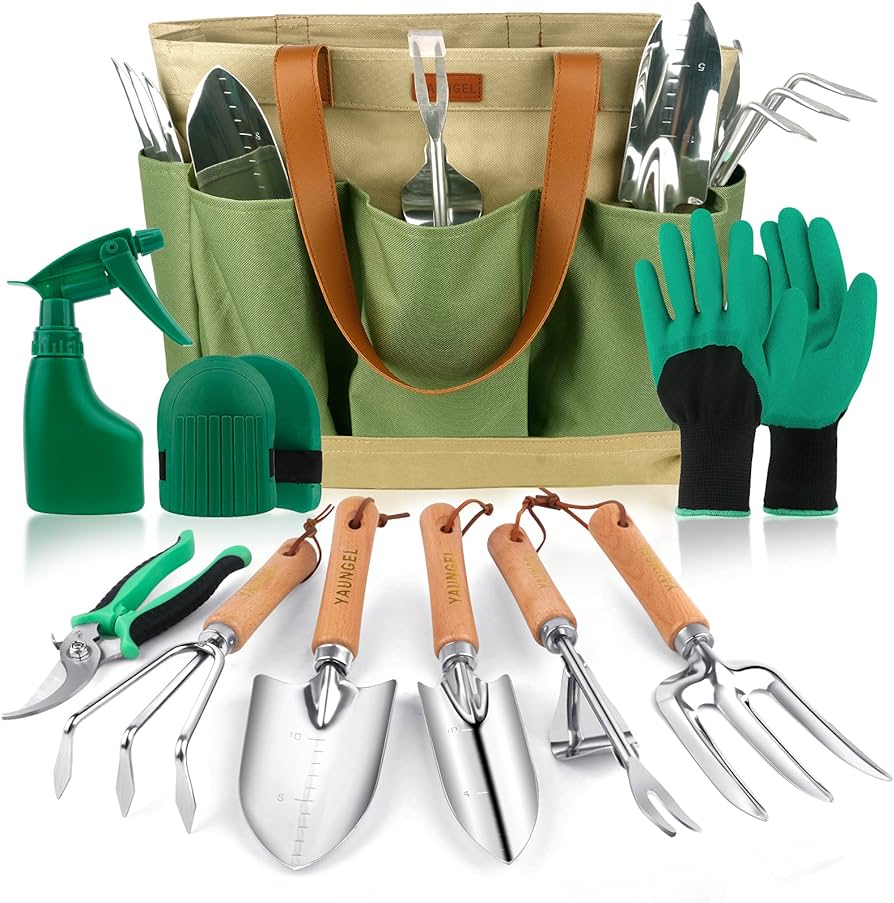Empowering Users with Complimentary Tools for Enhanced Utility
In today’s competitive market, businesses are constantly seeking innovative ways to attract and retain customers. Offering free power tools alongside products or services has emerged as a strategic approach to enhance consumer satisfaction. By providing these tools at no additional cost, companies not only add value to their offerings but also create a unique selling proposition that sets them apart from competitors.
From the perspective of consumer satisfaction, the provision of free power tools yields multiple benefits. Firstly, it increases the perceived value of the primary product or service. Consumers are more likely to choose a product that offers additional utility through complimentary tools, even if the upfront cost may be slightly higher than alternatives. This perception of receiving something extra for free enhances the overall satisfaction derived from the purchase.
Moreover, free power tools contribute to customer loyalty and retention. When consumers receive a valuable tool at no extra cost, they feel appreciated and are more inclined to make repeat purchases from the same brand. This not only strengthens brand loyalty but also reduces customer churn, leading to long-term profitability for businesses.
Additionally, free power tools can serve as effective marketing tools. Word-of-mouth marketing is potent in today’s digital age, and consumers who are delighted by the complimentary tools are likely to share their positive experiences with friends and family. This organic promotion helps businesses reach a wider audience and acquire new customers without significant marketing expenditures.
Furthermore, the provision of free power tools fosters a sense of trust and transparency between businesses and consumers. By openly offering valuable tools without hidden charges, companies demonstrate their commitment to customer satisfaction and building long-term relationships. This transparency cultivates trust and goodwill, which are invaluable assets in today’s competitive marketplace.
In conclusion, from the perspective of consumer satisfaction, the provision of free power tools enhances the overall consumer experience, increases perceived value, fosters loyalty, serves as a marketing tool, and builds trust between businesses and consumers.

Driving Economic Growth through Free Power Tools
Stimulating Productivity and Innovation in the Marketplace
The economic impact of providing free power tools extends beyond individual consumer satisfaction to broader implications for market dynamics and growth. From an economic standpoint, the strategic distribution of complimentary tools has the potential to stimulate productivity, foster innovation, and drive overall economic growth.
Free power tools can significantly lower barriers to entry for individuals or businesses looking to engage in certain activities that require specialized equipment. By eliminating the upfront cost of acquiring essential tools, more aspiring entrepreneurs, hobbyists, and small businesses can participate in various sectors, ranging from construction and DIY projects to creative endeavors such as woodworking or crafting.
Moreover, the availability of free power tools encourages innovation and entrepreneurship by enabling individuals to experiment with new ideas and projects without the financial burden of purchasing expensive equipment. This fosters a culture of creativity and experimentation, leading to the emergence of innovative products, services, and business models that contribute to economic diversification and growth.
Furthermore, the widespread distribution of complimentary tools creates ripple effects across related industries, generating demand for ancillary products and services. For example, the increased adoption of power tools may stimulate demand for accessories, maintenance services, and training programs, thereby creating new business opportunities and supporting job creation in the supply chain.
Additionally, from a macroeconomic perspective, the provision of free power tools can have multiplier effects on overall productivity and efficiency. By equipping individuals and businesses with the necessary tools to perform tasks more effectively, the economy as a whole benefits from increased output and resource utilization, leading to higher levels of economic activity and prosperity.
In conclusion, the economic impact of providing free power tools extends beyond individual consumers to encompass broader implications for productivity, innovation, and economic growth. By lowering barriers to entry, fostering creativity, stimulating demand for ancillary products and services, and enhancing overall productivity, complimentary tools play a significant role in driving economic development.

Promoting Environmental Sustainability through Free Power Tools
Empowering Sustainable Practices in Construction and Maintenance
The provision of free power tools presents an opportunity to promote environmental sustainability by encouraging the adoption of eco-friendly practices in construction, maintenance, and related industries. From an environmental perspective, complimentary tools can contribute to resource conservation, waste reduction, and the promotion of renewable energy technologies.
One of the primary ways in which free power tools support environmental sustainability is through the promotion of energy-efficient technologies. Many modern power tools are designed to minimize energy consumption while maximizing performance, thereby reducing the overall carbon footprint associated with construction, renovation, and maintenance activities.
Moreover, by providing free power tools, businesses can incentivize the use of renewable energy sources such as solar or wind power. For example, companies may offer solar-powered or cordless power tools as complimentary items, encouraging users to embrace clean energy solutions and reduce their dependence on fossil fuels.
Furthermore, the availability of free power tools can facilitate the adoption of sustainable building practices, such as green construction and renovation techniques. By equipping individuals and businesses with the necessary tools and resources, companies empower them to implement energy-efficient designs, materials, and technologies that reduce environmental impact and promote long-term sustainability.
Additionally, complimentary tools can contribute to waste reduction through improved efficiency and precision in construction and maintenance activities. By providing users with high-quality power tools, businesses enable them to complete tasks more effectively, minimizing material waste and resource consumption throughout the project lifecycle.
In conclusion, from an environmental sustainability perspective, the provision of free power tools plays a crucial role in promoting energy efficiency, encouraging the adoption of renewable energy technologies, facilitating sustainable building practices, and reducing waste in construction and maintenance activities.

Fostering Social Empowerment through Free Power Tools
Bridging Socioeconomic Gaps and Empowering Communities
The distribution of free power tools has profound social implications, particularly in terms of empowering individuals and communities, bridging socioeconomic gaps, and fostering inclusivity in access to essential resources. From a social impact perspective, complimentary tools serve as catalysts for empowerment, skill development, and community resilience.
One of the primary ways in which free power tools contribute to social empowerment is by democratizing access to essential resources and opportunities. By providing tools at no cost, businesses ensure that individuals from diverse socioeconomic backgrounds have equal access to resources needed for various activities, including home improvement, repairs, and small-scale entrepreneurship.
Moreover, complimentary tools play a crucial role in skill development and capacity building, particularly among underserved communities and marginalized groups. By equipping individuals with the necessary tools and training, companies empower them to acquire valuable skills, pursue entrepreneurial ventures, and participate meaningfully in economic activities.
Furthermore, the provision of free power tools strengthens community resilience by enabling individuals and neighborhoods to undertake DIY projects, repairs, and maintenance tasks independently. In times of crisis or emergencies, such as natural disasters or infrastructure failures, communities equipped with essential tools are better prepared to respond and recover, reducing reliance on external assistance.
Additionally, from a cultural perspective, complimentary tools can preserve traditional craftsmanship and promote cultural heritage by providing individuals with the means to engage in artisanal practices and creative pursuits. By preserving and passing down traditional skills and knowledge, free power tools contribute to the preservation of cultural identity and heritage within communities.
In conclusion, from a social impact perspective, the provision of free power tools fosters empowerment, skill development, and community resilience by democratizing access to essential resources, promoting inclusivity, strengthening local economies, and preserving cultural heritage.

Leveraging Free Power Tools as a Strategic Business Tool
Enhancing Competitive Advantage and Driving Growth
From a business strategy perspective, the provision of free power tools represents a strategic tool for enhancing competitive advantage, driving customer engagement, and fostering sustainable growth. By incorporating complimentary tools into their offerings, businesses can differentiate themselves in the market, attract new customers, and build long-term relationships with existing ones.
One of the key advantages of offering free power tools is the ability to differentiate products or services from competitors. In crowded markets where products or services are largely commoditized, the inclusion of complimentary tools adds unique value and creates a compelling proposition for consumers, thereby increasing brand appeal and market share.
Moreover, free power tools serve as powerful customer acquisition and retention tools. By offering valuable tools at no additional cost, businesses can attract new customers who perceive the added value in their offerings. Furthermore, complimentary tools contribute to customer loyalty and repeat purchases, as consumers are more likely to patronize brands that provide ongoing value and support.
Furthermore, the provision of free power tools enables businesses to upsell or cross-sell related products or services. For example, companies can offer complimentary power tools with the purchase of certain products and subsequently promote accessories, maintenance services, or extended warranties to enhance the overall customer experience and drive additional revenue.
Additionally, from a sustainability standpoint, the strategic distribution of free power tools can contribute to long-term business growth by fostering positive brand associations and customer goodwill. Companies that demonstrate a commitment to environmental and social responsibility through initiatives such as providing complimentary tools are likely to resonate with environmentally conscious consumers and attract a loyal customer base.

